According to the report of the General Statistics Office, Ministry of Finance , in the first five months of the year, the consumer price index (CPI) increased by 3.21% compared to the same period last year, while core inflation also increased by 3.10%. The CPI increase of around 3.2%, although not shocking, inflation has quietly crept into the small daily expenses of young people.
Because of this, many young people find it difficult to realize that the cost of living is increasing. In the long run, financial pressure increases, creating a hidden burden that deeply affects their spending and living.
How does Gen Z react to inflation?
According to a report by Q&Me Market Research Company, a survey of 300 young people (20-29 years old) in Ho Chi Minh City and Hanoi showed that 70% of them feel increasing pressure from living expenses.
Rising rent, food and transport costs are eating away at personal budgets, leaving many young people struggling to make ends meet in their daily lives.
Ngoc Anh, 23 years old, an office worker living in Binh Chanh district (HCMC), said that since the Lunar New Year, many living expenses such as rent, electricity and water, transaction fees on e-commerce platforms and food prices have all increased, while her income has remained the same.
To cope, she changed her spending habits: prioritizing cooking at home with simple dishes, hunting for promotions and limiting following shopping trends. In addition, in the past 3 months, Anh and her colleagues have also implemented the model of "No Spend Day". That is, each week choose one day not to buy any items. According to her, this method helps to control spending and form more conscious consumption habits.
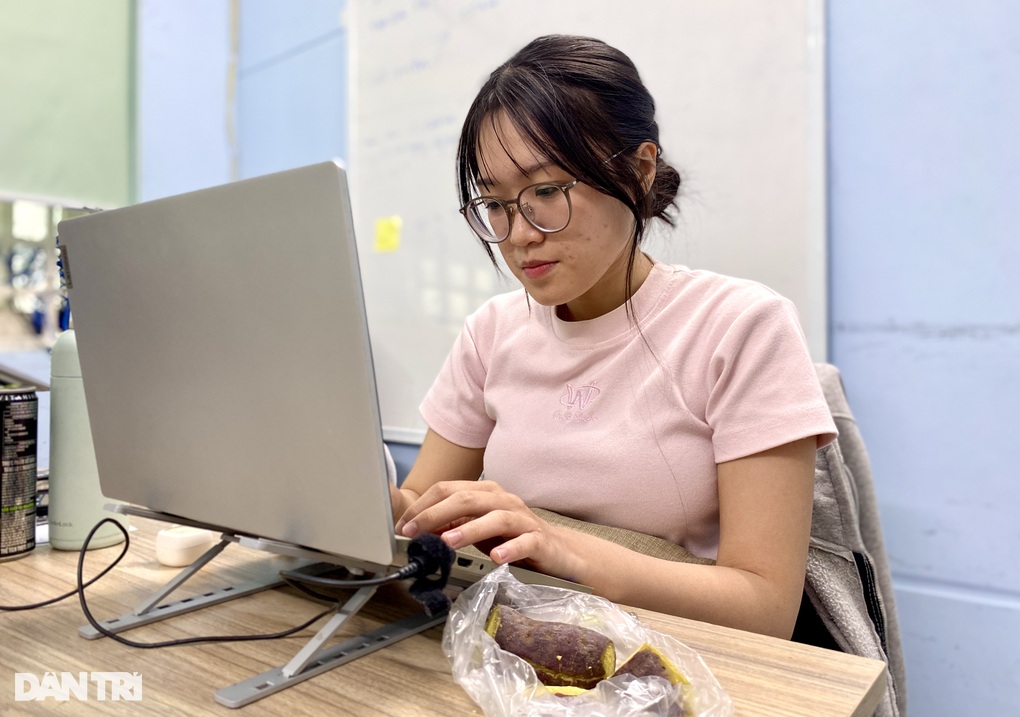
In addition to her main job, Ngoc Anh also takes on extra jobs to increase her income (Photo: Nhu Nguyet).
However, Anh admits that balancing income with living expenses is becoming increasingly difficult. Despite working hard, she often falls into a state of stress and anxiety due to financial pressure.
Mr. Di Dan, a newly graduated sales employee (living in Binh Thanh District, Ho Chi Minh City) said that he has made many significant changes to adapt to the inflation situation.
To save on living expenses, he prioritizes hunting for promotional items at Bach Hoa Xanh, especially vegetables, meat and fish. Although sometimes the quality is not as expected, the low price makes him accept the trade-off.
He also gave up the habit of drinking branded coffee, instead making filter coffee at home to save more. He also regularly brought lunch to work, not only optimizing the budget but also ensuring nutrition.
Not only did Di Dan change his eating habits, he also switched from buying branded goods to second-hand goods and hunting for promotions during big sales.
To control his finances, he applies the “envelope” budgeting method, dividing his expenses into groups such as food, entertainment, fixed expenses and only spending within the limit of each envelope. In addition, he also has the habit of comparing prices, using discount codes and vouchers to maximize savings.
Expert tips for effective financial management
Financial expert Trinh Cong Hoa, founder of the personal finance and investment blog TienCuaToi, believes that to control and optimize personal cash flow, the first important thing is to change your mindset.
Instead of focusing on making a one-time profit, aim to create a steady and consistent cash flow. When the goal is clear, income-generating activities will also shift towards a more sustainable direction.
Mr. Hoa also emphasized the role of reorganizing cash flow. Previously, he used to collect all his income into a spending account and then take out money to save or invest. This method always caused his spending to get out of control.
He then changed the allocation: income was put into investment accounts first, then business, and finally spending. Prioritizing investment and business helps increase accumulation and improve the efficiency of money use.
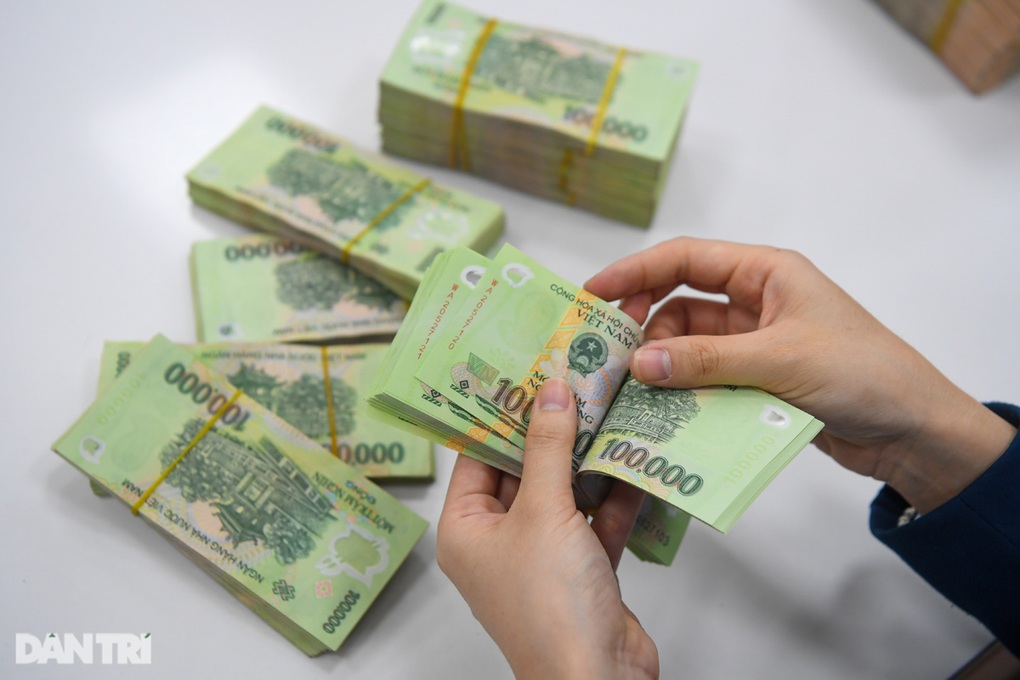
To manage personal cash flow well, young people need to set clear goals (Photo: Manh Quan).
In terms of financial security, he recommends not depositing money in fintech platforms, securities companies or flexible funds due to high risks. Instead, he chooses to deposit money in banks with a term but can still withdraw flexibly when needed, which is both safe and ensures stable profits.
To increase cash flow, he suggests putting existing funds into income-producing assets such as rental properties, dividend stocks, bonds or investment funds. The core principle is to always preserve capital and choose safe and effective assets.
Finally, he emphasized the importance of passive income. Instead of relying on time and effort, look for ways to generate income even when not directly working, such as selling online, producing digital content, or developing an automated revenue generation model.
From another perspective, Ms. Chung Vu Thanh Uyen (Mina Chung) - ambassador of a community platform specializing in finance and career - believes that young people should build savings habits and plans.
"Save at least 5%, preferably 20% of your income and maybe more. Save first, spend later," said Ms. Uyen. However, in addition to planning your spending, the expert said that everyone should get into the habit of recording their spending and looking back at how they spend each month, thereby learning from their experience for the following months.
"If you only plan without knowing how to change your habits, it is meaningless. After allocating and spending, look back at your spending table and balance and adjust if you have bad spending habits or exceed your budget," Ms. Uyen shared.
iMoney is a product line specializing in articles on investment and consumer advice, published every Wednesday in Dan Tri newspaper.
iMoney will answer readers' questions about investment, consumption, financial advice, investment channels such as stocks, real estate, cryptocurrencies, consumer advice as well as share smart and effective consumption tips...
Source: https://dantri.com.vn/kinh-doanh/lam-phat-am-tham-rut-vi-nguoi-tre-lam-gi-de-quan-ly-chi-tieu-hieu-qua-20250611105554363.htm




























![[Photo] Prime Minister Pham Minh Chinh receives leaders of several Swedish corporations](https://vphoto.vietnam.vn/thumb/1200x675/vietnam/resource/IMAGE/2025/6/14/4437981cf1264434a949b4772f9432b6)














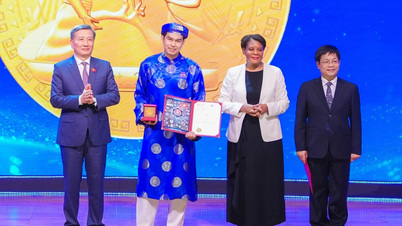












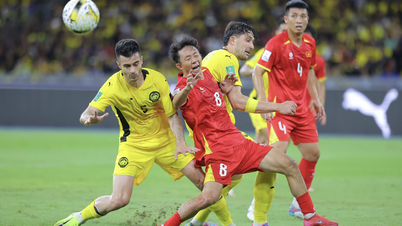










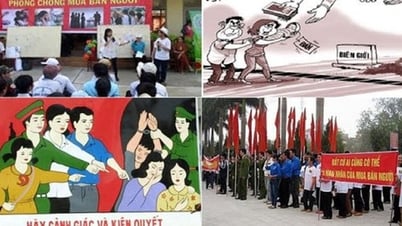
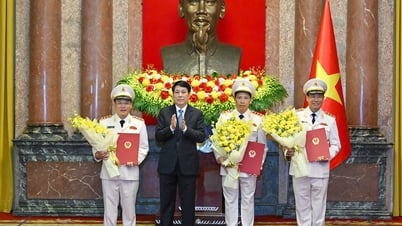





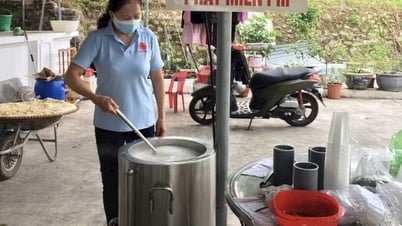

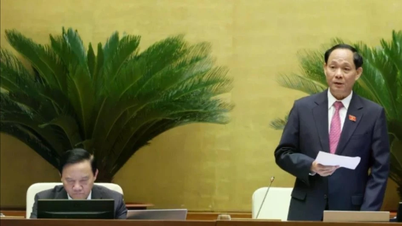



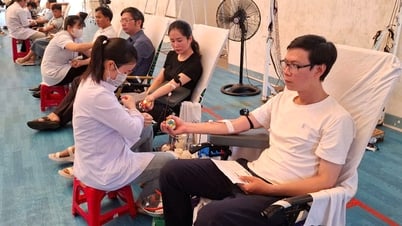

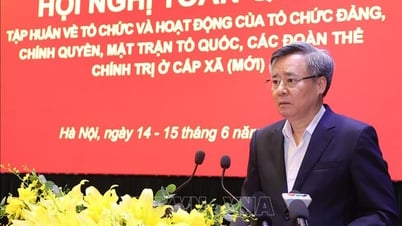








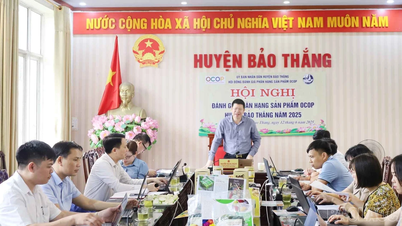



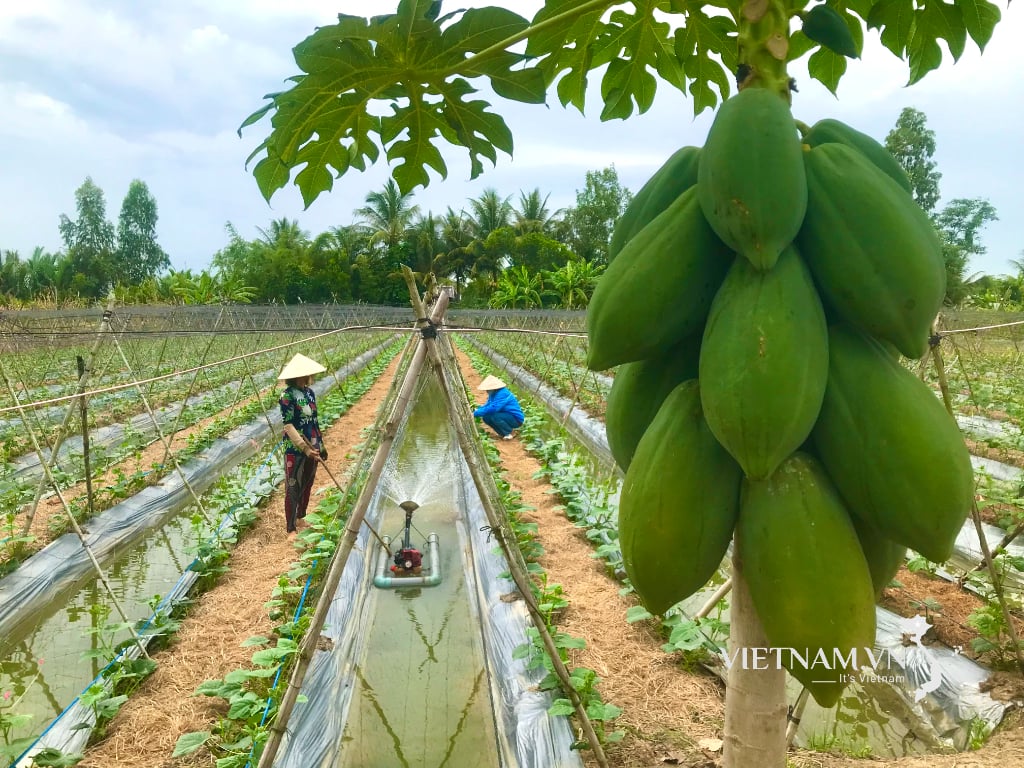

Comment (0)